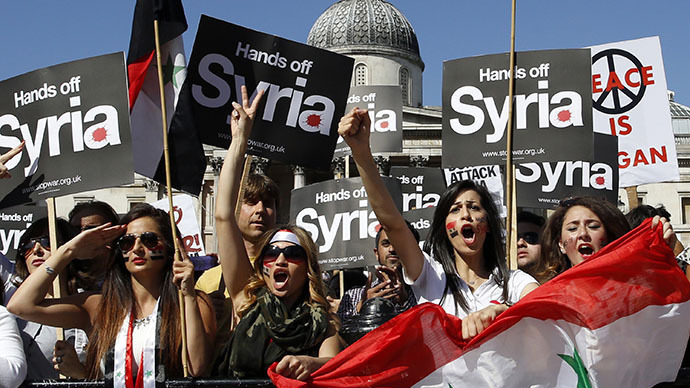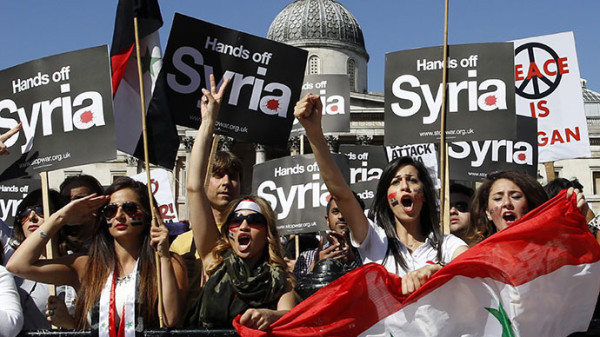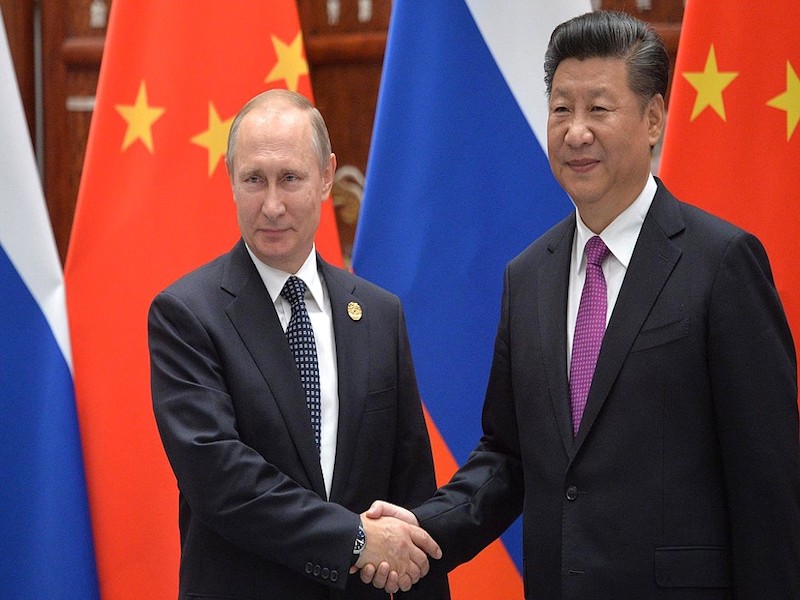In light of the recent wars in Afghanistan and Iraq, and given the current state of affairs in the Middle East as the result of the aggressive terrorist faction, the Islamic State of Iraq and al-Sham (ISIS), many societies have seen an influx of anti-interventionist opinions. The most recent turn of events even saw Western countries dismiss the possibility of a military intervention in Syria. In spite of Assad’s chemical weapons attack on his own people, crossing President Obama’s just proclaimed “red line”, a Pew Research Centre poll showed that only 29 per cent of Americans were in favour of a military strike. By comparison, at the start of the March 2003 Iraqi invasion, a stunning 75 per cent of Americans believed that military action was warranted. By the end of the Iraq war, the level of support had dwindled massively.
In 2011, when President Obama announced the withdrawal of American troops from the oil-rich country, an overwhelming 78 per cent of the public supported his decision. The subsequent drop in popular support suggests that American citizens are having a change of heart with regard to the way their country pursues its foreign policy. However, it seems that states are still acting in accordance to shifts in the international system, and not public opinion, so as to ensure their survival. Even a rise in anti-interventionist opinion will not have the desired effect that the public wants: to deviate away from military intervention.
In a democratic country, it is difficult to separate the state from the public, as the electorates are a necessary component in the selection a government. Nonetheless, the public will not always be able to influence leaders on their decisions. In complex situations, such as the military intervention of a foreign country, the state can act on information that the public is not yet aware of. Granted, running against the will of the voters will not “pay off” domestically in the next election. It would take a strong leader who is willing to face future defeat to do the job.
a) Anti-interventionism as a global trend
The rise of anti-interventionism is not limited to the United States. In Britain, one poll found that only 29 per cent of the public would be willing to join the US in military strikes against Syria. Across the channel, French public support for military action was at 45 per cent. The debate surrounding Syria brought forth many of the failures of Iraq, as many comparisons were drawn between both countries’ initial situations. Former British Foreign Secretary Jack Straw stated that these poor support levels were not so much related to the difficulty of entering Syria, but to the difficulty of “extract[ing] oneself from it.” As memories of the failures in Iraq remain fresh in the minds of many, it is not surprising to see public support for military action in Syria fall to an all-time low. But to what extent exactly did such a low public opinion affect foreign policy?
b) Case studies: Germany and the U.S.
It is idealistic to assume that the lack of intervention in Syria stemmed directly from poor public support. Establishing a correlation requires one to look at the larger picture, factoring in the various systemic pressures of the international system. Let us take Germany as an example: Germany’s strategic defence culture, following the Second World War, underwent understandably significant reforms. Above all, it embedded an anti-military culture in Germany. The country was rapidly de-militarised and saw its military restricted to a mere ground army until the 1990s, at which point the Bundeswehr (German Armed Forces) began to participate in international missions beyond its own borders.
Germany’s first mission after its reunification was Kosovo. Other international missions were quick to follow in the early 2000s: e.g. East Timor, Kuwait, Macedonia, and the Democratic Republic of Congo. In less than a decade, Germany’s Bundeswehr went from being a very domestically restrained army to one participating in missions across the globe. The Afghanistan mission for Germany received the lowest rates of public approval from any western NATO member state (a mere 57 per cent). In spite of this, Germany contributed the third largest army to the NATO-led mission — a clear statement that its foreign policy did not depend on public opinion.
States will do what is necessary for them to survive and to remain in a position of strength, regardless of public opinion. As shown above, both the U.S and Germany shaped their foreign policy without much popular support.
This same statement was proclaimed across the Atlantic, in the United States. According to neo-realist thinkers, American culture has been used as a tool by the state to extract resources for mobilization. Prior to the invasion of Iraq, the American public was falsely led to believe that Saddam Hussein held WMDs, and that a ‘noble’ war was necessary. As the truth slowly emerged, the war’s popularity diminished to nominal support. However, the US remained in Iraq, much to the dismay of its electorate.
States will do what is necessary for them to survive and to remain in a position of strength, regardless of public opinion. As shown with the cases American and Germany, both states were able to shape their foreign policy without much support from their citizens. It is imperative to note, when public support fell for missions such as Iraq and Afghanistan, both states acted against the wishes of the public. This demonstrates that public opinion cannot influence foreign policy at every given moment. Governments cannot pack up and leave a mission the moment the electorates lose faith. There is a cost to pursuing that route, which is generally felt in the following election. One can therefore dismiss the idea that a current rise of anti-interventionism would lead to a radical, global change in states’ foreign policies.





